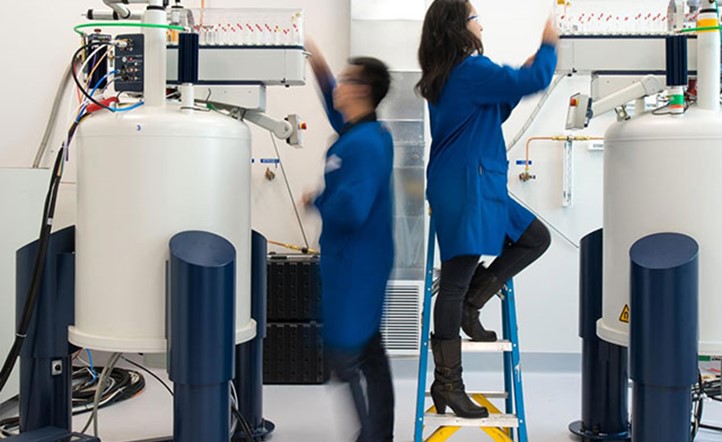EMA Reports Concern of Replacing Titanium Dioxide Excipient in Medical Products to the European Commission

Summary: The European Medicines Agency (EMA) has concluded its review on the use of titanium dioxide (TiO2) as an excipient in solid dosage forms, setting the stage for the European Commission to make firmer recommendations of the next steps.
In its final feedback to the European Commission, the EMA reported:
-
The feasibility of replacing TiO2 cannot be confirmed at this stage.
-
Each affected medicinal product will need an individual review and assessment, which will require investigation of alternatives, product reformulation, generation of new data related to manufacture, dissolution and stability etc. and potentially new clinical data (e.g. generation of bioequivalence studies ), which subsequently will all have to be assessed by the national competent authorities and EMA.
-
An acceptable transition period for phasing-out TiO2 in all or specific uses in medicines covered by the scope of colouring matters is currently difficult to envisage or estimate.
-
The time needed to reformulate each individual product could be several years depending on the level of formulation and studies required, to be followed by the necessary regulatory procedures for assessment and approval.
-
Considering the scale of the use of this excipient, the time and costs involved in the reformulation and the volume of products impacted, it is considered that any requirement to replace TiO2 in medicines will almost certainly cause significant medicines shortages and discontinuations/withdrawals of medicines from the EU/EEA market with major implications for patients.
-
Concerns arise in relation to certain vulnerable classes/types of products such as paediatric medicines, orphan medicines and low sales volume products.
The EMA’s report concludes that:
-
Given the large number of products impacted, it will not be possible to carry out the work for all products simultaneously and prioritization of product reformulation will be necessary. This will increase the overall time needed for implementation.
-
Prioritization by the Pharmaceutical industry is likely to be focused on high volume products, and not necessarily on products for medical need and there is currently no mechanism available to regulators to dictate the priority of products to be reformulated.
-
Industry estimates for reformulation of individual products vary from 3 to 5 years and regulatory estimates to approve individual changes are 3 months to 1 year. Taking these timeframes and the volume of products involved into account, the industry estimates of 7-12 years are not considered unreasonable.
-
The EMA’s Quality Working Party (QWP) concludes that a transition period of 10 years or even longer would be required for the phasing out of TiO2 in medicines.
The review stems from the opinion of the European Food Safety Authority (EFSA) published 6 May 2021, which recommended that “on the basis of all currently available evidence along with all uncertainties, in particular the fact that genotoxicity could not be ruled out, TiO2 can no longer be considered as safe when used as a food additive.”
TiO2 is a widely used excipient, particularly in solid dosage forms, where it has multiple functions such a as colouring agent, opacifier and UV protection for light-sensitive active ingredients. Approximately 91,000 human medicinal products contain TiO2 in the EU according to Trade Associations.
